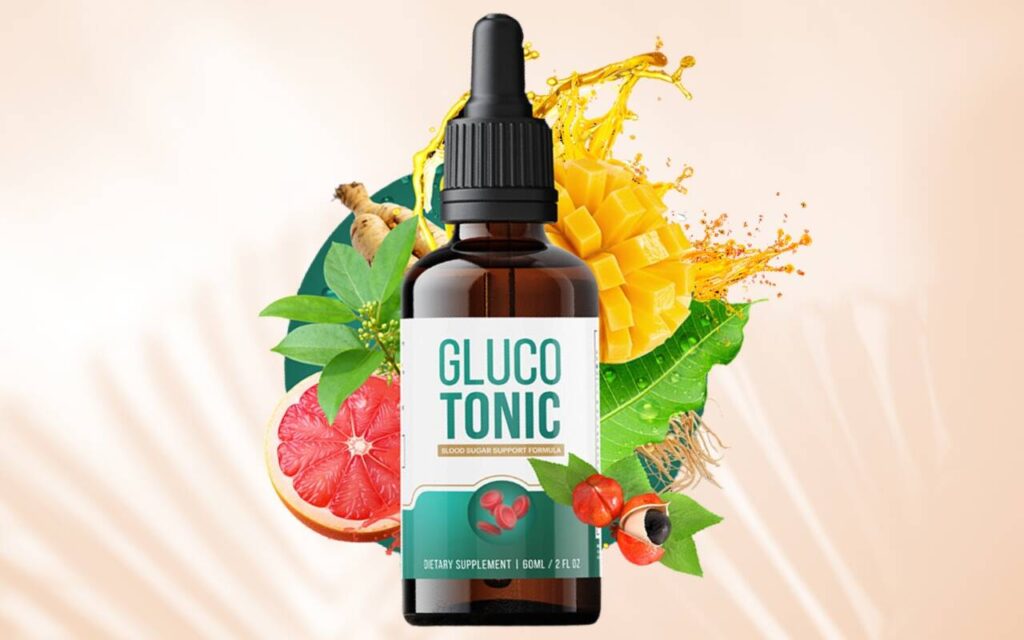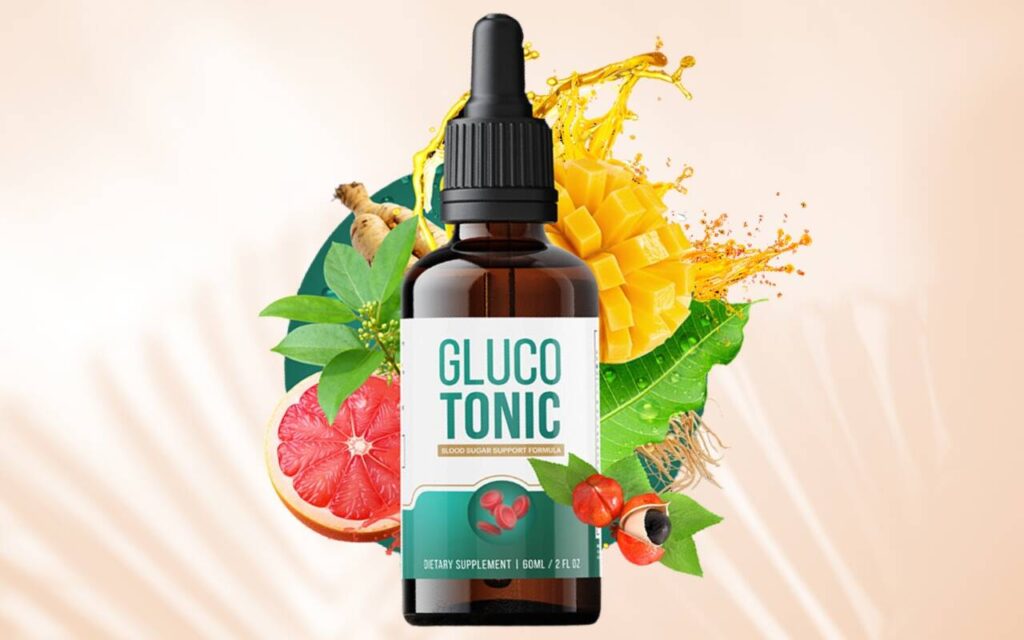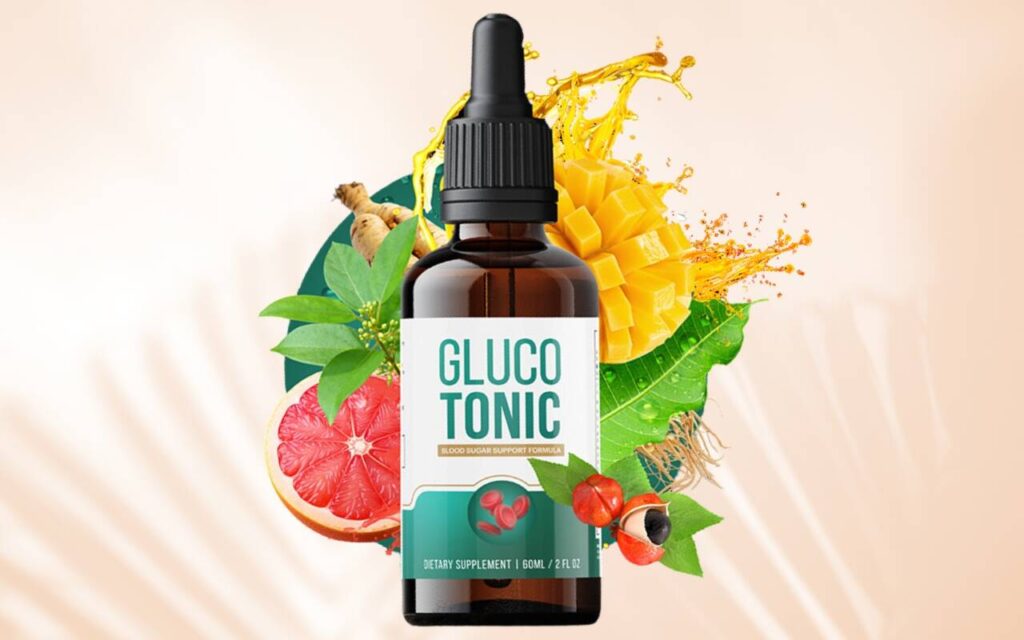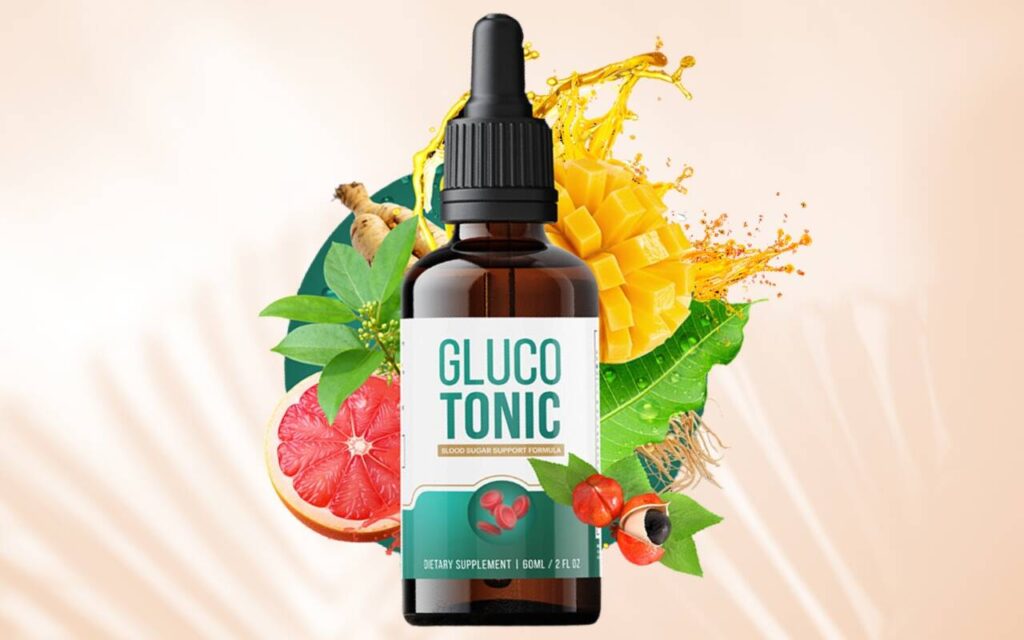Supplements to Lower Blood Sugar Naturally for Diabetics
Managing blood sugar levels is a critical aspect of diabetes care. While lifestyle changes like diet and exercise play a pivotal role, certain supplements to lower blood sugar naturally can offer additional support. These supplements, backed by scientific research, may help improve insulin sensitivity, reduce glucose absorption, and support overall metabolic health. In this comprehensive guide, we’ll explore the most effective supplements for diabetics, their mechanisms of action, and how to incorporate them safely into your routine.
Understanding Blood Sugar and Diabetes
Before diving into supplements, it’s essential to understand how blood sugar regulation works. Diabetes mellitus is characterized by elevated blood glucose levels due to either insufficient insulin production (Type 1 diabetes) or insulin resistance (Type 2 diabetes). Uncontrolled blood sugar can lead to complications like neuropathy, cardiovascular disease, and kidney damage.
While medications like metformin are commonly prescribed, many individuals seek supplements to lower blood sugar naturally as complementary therapies. These supplements often contain bioactive compounds that target glucose metabolism, inflammation, and oxidative stress—key factors in diabetes management.
Top Supplements to Lower Blood Sugar Naturally
1. Berberine
Berberine is a bioactive compound extracted from plants like goldenseal and barberry. It’s one of the most researched supplements to lower blood sugar naturally, with studies showing it can be as effective as some diabetes medications.
- How It Works: Berberine activates AMP-activated protein kinase (AMPK), a enzyme that improves glucose uptake in cells and reduces liver glucose production.
- Dosage: 500 mg, 2–3 times daily.
- Evidence: A 2012 meta-analysis found berberine significantly reduced fasting blood glucose and HbA1c levels in diabetics.
2. Cinnamon
Cinnamon isn’t just a spice—it’s a potent supplement to lower blood sugar naturally. Its active components, like cinnamaldehyde, mimic insulin and enhance glucose uptake.
- How It Works: Cinnamon improves insulin sensitivity and slows carbohydrate breakdown in the gut.
- Dosage: 1–6 grams daily (or 500 mg of cinnamon extract).
- Evidence: A 2013 study showed cinnamon reduced fasting blood sugar by 10–29% in Type 2 diabetics.
3. Alpha-Lipoic Acid (ALA)
ALA is a powerful antioxidant that helps combat oxidative stress linked to diabetes complications.
- How It Works: ALA enhances insulin sensitivity and reduces peripheral neuropathy symptoms.
- Dosage: 600–1,200 mg daily.
- Evidence: Research indicates ALA can lower fasting blood glucose and improve insulin resistance.
4. Chromium
Chromium is a trace mineral crucial for carbohydrate and lipid metabolism. Deficiency is common in diabetics.
- How It Works: Chromium enhances insulin receptor activity, improving glucose uptake.
- Dosage: 200–1,000 mcg daily (as chromium picolinate).
- Evidence: Studies show chromium supplementation can reduce HbA1c and fasting glucose levels.
5. Magnesium
Magnesium deficiency is linked to insulin resistance. Supplementing may help regulate blood sugar.
- How It Works: Magnesium supports insulin signaling and glucose transport.
- Dosage: 200–400 mg daily (as magnesium glycinate or citrate).
- Evidence: A 2015 study found magnesium improved insulin sensitivity in prediabetics.
6. Fenugreek
Fenugreek seeds are rich in soluble fiber and compounds like trigonelline, which help manage blood sugar.
- How It Works: Fenugreek slows carbohydrate digestion and improves insulin secretion.
- Dosage: 5–50 grams daily (or 1,000 mg of extract).
- Evidence: A 2014 trial showed fenugreek reduced fasting blood sugar by 13–15%.
7. Gymnema Sylvestre
This Ayurvedic herb is known as the "sugar destroyer" for its ability to reduce sugar cravings and blood sugar levels.
- How It Works: Gymnema may regenerate pancreatic beta cells and block sugar absorption in the intestines.
- Dosage: 200–400 mg daily (standardized to 25% gymnemic acids).
- Evidence: Research suggests it can lower fasting and post-meal blood glucose.
8. Omega-3 Fatty Acids
Omega-3s (EPA and DHA) from fish oil reduce inflammation and improve lipid profiles in diabetics.
- How It Works: Omega-3s enhance insulin sensitivity and reduce triglyceride levels.
- Dosage: 1,000–3,000 mg daily.
- Evidence: Studies link omega-3s to improved glycemic control in Type 2 diabetes.
9. Probiotics
Gut health influences glucose metabolism. Probiotics can restore beneficial gut bacteria linked to insulin sensitivity.
- How It Works: Probiotics reduce inflammation and improve gut barrier function.
- Dosage: 10–20 billion CFUs daily.
- Evidence: A 2016 meta-analysis found probiotics lowered fasting blood sugar and HbA1c.
10. Bitter Melon
Bitter melon contains compounds like charantin, which mimic insulin and help lower blood sugar.
- How It Works: It increases glucose uptake in cells and reduces liver glucose production.
- Dosage: 500–1,000 mg daily (as extract).
- Evidence: Clinical trials show bitter melon can reduce HbA1c by up to 0.5%.
How to Choose the Right Supplements
Not all supplements are created equal. Here’s what to consider when selecting supplements to lower blood sugar naturally:
- Quality: Look for third-party tested products (e.g., USP, NSF certification).
- Dosage: Follow evidence-based dosages and consult a healthcare provider.
- Form: Opt for standardized extracts for potency (e.g., 95% berberine).
- Combination Formulas: Some supplements combine multiple ingredients (e.g., cinnamon + chromium) for synergistic effects.
Safety and Precautions
While these supplements are generally safe, diabetics should take precautions:
- Monitor Blood Sugar: Supplements can potentiate medications, risking hypoglycemia.
- Drug Interactions: Berberine and cinnamon may interact with blood thinners or diabetes drugs.
- Side Effects: Some supplements (e.g., magnesium) can cause digestive issues at high doses.
- Pregnancy: Avoid bitter melon and gymnema during pregnancy.
Always consult a healthcare provider before starting new supplements, especially if you’re on medication.
Lifestyle Synergy: Enhancing Supplement Effects
Supplements work best alongside lifestyle changes:
- Diet: Focus on low-glycemic foods (e.g., leafy greens, nuts, lean proteins).
- Exercise: Regular physical activity improves insulin sensitivity.
- Sleep: Poor sleep disrupts glucose metabolism.
- Stress Management: Chronic stress raises cortisol, increasing blood sugar.
Conclusion
Incorporating supplements to lower blood sugar naturally can be a valuable addition to diabetes management. From berberine’s AMPK activation to cinnamon’s insulin-mimicking effects, these supplements offer science-backed benefits. However, they’re not a substitute for medical treatment or lifestyle changes. By combining high-quality supplements with a balanced diet, exercise, and regular monitoring, diabetics can take proactive steps toward better blood sugar control and overall health.
Remember, individual responses vary—work with a healthcare professional to tailor a supplement regimen that’s safe and effective for your unique needs.
Frequently Asked Questions
FAQ
1. What are the best natural supplements to lower blood sugar for diabetics?
Some effective supplements include cinnamon, berberine, alpha-lipoic acid, and fenugreek, which have been shown to help regulate blood sugar levels naturally.
2. How do these supplements help in managing diabetes?
These supplements work by improving insulin sensitivity, reducing glucose absorption in the gut, or enhancing the body’s ability to use insulin more effectively.
3. Are there any side effects of taking blood sugar-lowering supplements?
While generally safe, some supplements may cause mild side effects like digestive discomfort or interact with medications, so it’s best to consult a doctor before use.
4. Can supplements replace diabetes medication?
No, supplements should not replace prescribed medications but can be used as a complementary approach under medical supervision for better blood sugar control.





